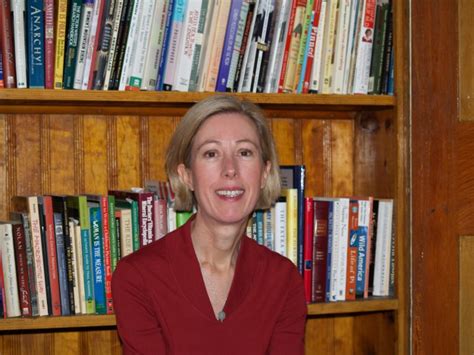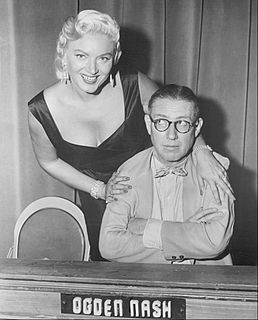A Quote by Charles Colson
Nearly every grave moral failure begins with a small sin.
Related Quotes
Sin aims always at the utmost; every time it rises up to tempt or entice, if it has its own way it will go out to the utmost sin in that kind. Every unclean thought or glance would be adultery if it could, every thought of unbelief would be atheism if allowed to develop. Every rise of lust, if it has its way reaches the height of villainy; it is like the grave that is never satisfied. The deceitfulness of sin is seen in that it is modest in its first proposals but when it prevails it hardens men’s hearts, and brings them to ruin.
There are many ways to cover up our sin. We may justify or minimize it by blaming circumstances and others people. However, real repentance first admits sin as sin and takes full responsibility. True confession and repentance begins when blame shifting ends...Just as real repentance begins only where blame shifting ends, so it also begins where self-pity ends, and we start to turn from our sin out of love for God rather than mere self-interest.
Oh the grave!--the grave!--It buries every error--covers every defect--extinguishes every resentment! From its peaceful bosom spring none but fond regrets and tender recollections. Who can look down upon the grave even of an enemy, and not feel a compunctious throb, that he should ever have warred with the poor handful of earth that lies mouldering before him!
Has Bill Clinton inspired idealism in the young, as he himself was inspired by John F. Kennedy? Or has he actually reduced their idealism? Surely part of the answer lies in Clinton's personal moral lapse with Monica Lewinsky. But more important was his sin of omission - his failure to embrace a moral cause beyond popularity.
A lot of Christians have been taught a story that begins in chapter 3 of Genesis, instead of chapter 1. If your story doesn't begin in the beginning, but begins in chapter 3, then it starts with sin, and so the story becomes about dealing with the sin problem. So Jesus is seen as primarily dealing with our sins.
There could never be enough rules so finely crafted as to anticipate and cover every situation, and even if there were, enforcement would be impossibly expensive and burdensome. This approach leads to diminished freedom for everyone...In the end, it is only an internal moral compass in each individual that can effectively deal with the root causes as well as the symptoms of societal decay. Societies will struggle in vain to establish the common good until sin is denounced as sin and moral discipline takes its place in the pantheon of civic virtues.
Every person in the world is by nature a slave to sin. The world, by nature, is held in sin's grip. What a shock to our complacency- that everything of us by nature belongs to sin. Our silences belong to sin, our omissions belong to sin, our talents belong to sin, our actions belong to sin. Every facet of our personalities belong to sin; it own us and dominates us. We are its servants.
Every one of our sinful actions has a suicidal power on the faculties that put that action forth. When you sin with the mind, that sin shrivels the rationality. When you sin with the heart or the emotions, that sin shrivels the emotions. When you sin with the will, that sin destroys and dissolves your willpower and your self-control. Sin is the suicidal action of the self against itself. Sin destroys freedom because sin is an enslaving power.



































